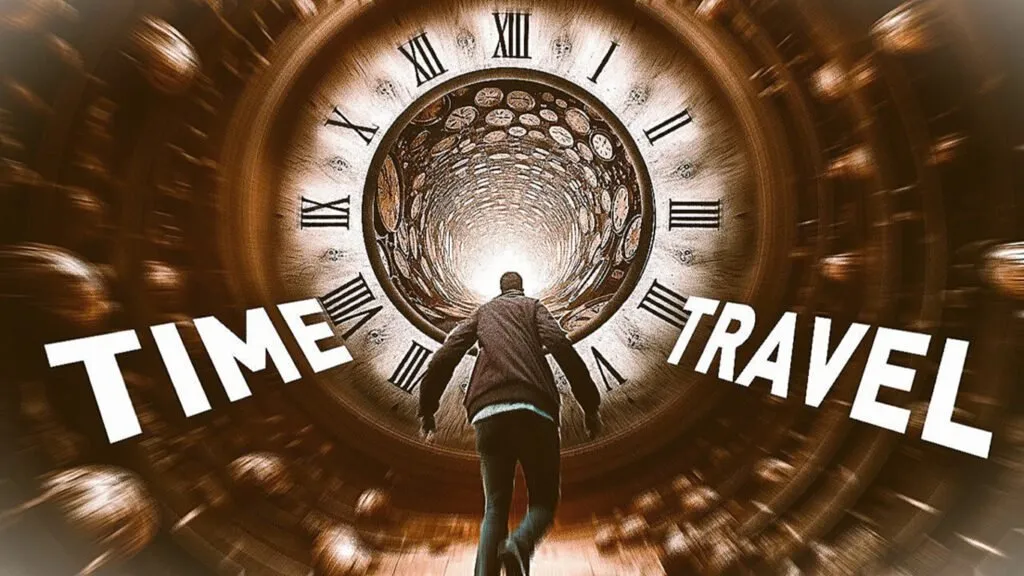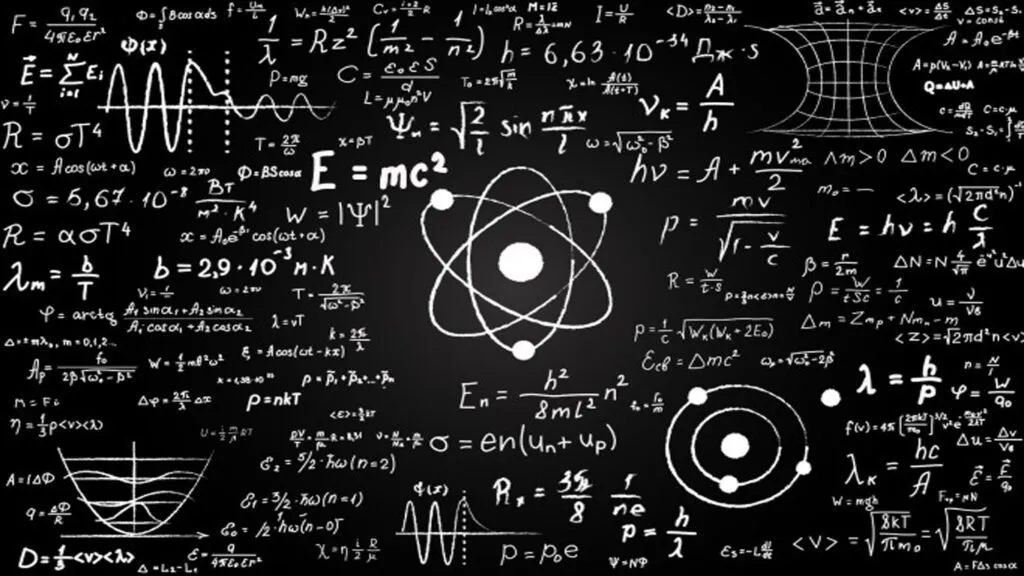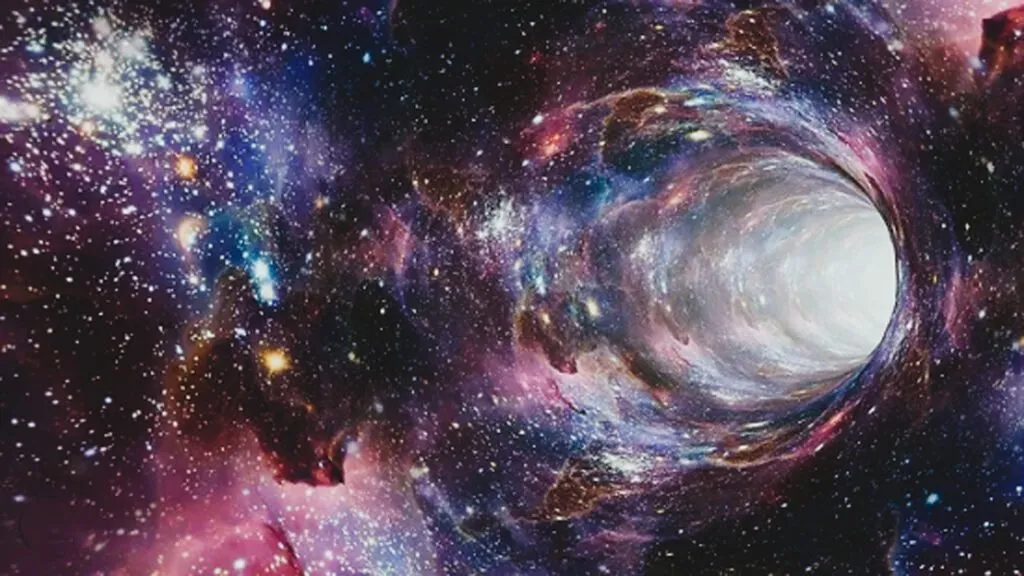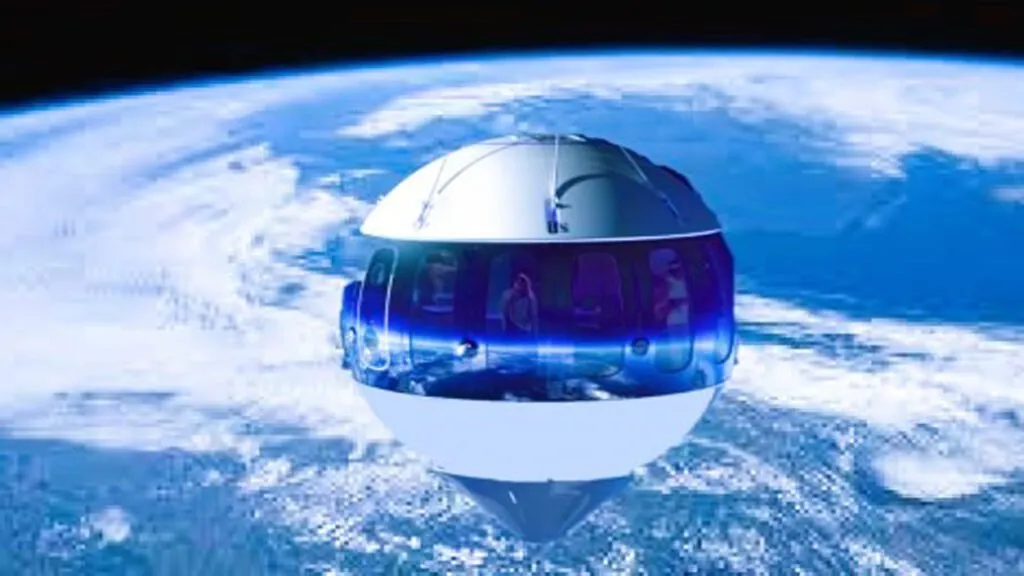The Frontier of Scientific Exploration,
Unraveling the Possibility of Time Travel,
Time travel, a concept that has captivated human imagination for centuries, has been a staple in science fiction literature and films. However, the idea of traveling through time has long been considered a fantastical notion, reserved for the realm of storytelling. Nevertheless, scientists around the world have dedicated their research to unraveling the mysteries of time travel, pushing the boundaries of our understanding of the universe.
In this exploration, we delve into the cutting-edge theories and research that hint at the possibility of time travel in the future.

. Einstein’s Theory of Relativity:
Albert Einstein’s theory of relativity, formulated in the early 20th century, laid the groundwork for the scientific investigation of time travel. This theory introduced the concept that time is not constant but rather a dimension intertwined with space. Special relativity posited that time could dilate or contract depending on the relative motion of an observer.
General relativity, on the other hand, suggested that massive objects, like stars and planets, could warp spacetime, causing time to pass differently in their vicinity. These principles opened the door to the idea of manipulating time through the manipulation of gravity and high-speed travel.

. Wormholes:
Wormholes are theoretical passages through spacetime that could potentially allow for time travel. These hypothetical tunnels could connect distant points in space and, theoretically, different points in time. Scientists have explored the mathematics behind wormholes and the feasibility of their creation. However, it is essential to note that wormholes, if they exist, would likely require vast amounts of exotic matter with negative energy density to stabilize and traverse them safely—a substance that has yet to be observed or harnessed.
. The Grandfather Paradox:
One of the most famous paradoxes associated with time travel is the Grandfather Paradox. This paradox posits that if you were to travel back in time and prevent your grandfather from meeting your grandmother, you would cease to exist. This paradox raises fundamental questions about the nature of time travel and has led to the development of various theories that attempt to resolve it, such as the idea that time travel might create parallel universes.

. Quantum Mechanics and Entanglement:
Quantum mechanics, the branch of physics that describes the behavior of particles at the smallest scales, has provided some intriguing insights into the nature of time. The phenomenon of quantum entanglement, where particles can become interconnected regardless of the distance separating them, challenges our conventional understanding of cause and effect. Some researchers speculate that understanding and harnessing quantum mechanics could be a pathway to unlocking the secrets of time manipulation.
. The Search for Evidence:
Scientists continue to search for empirical evidence of time travel. Experiments involving extremely high-speed particle accelerators, gravitational time dilation, and studies of cosmic phenomena like black holes are ongoing. While there has been no definitive proof of time travel, these experiments push the boundaries of our understanding and open up new avenues for exploration.

Conclusion:
The quest to unlock the secrets of time travel remains a tantalizing challenge for scientists and researchers. While the theoretical framework for time travel exists within the realm of modern physics, the practical realization of this concept remains uncertain.
The journey to understanding time, space, and the universe itself continues, and as technology advances and our knowledge deepens, we may one day stand on the precipice of a profound scientific breakthrough—one that could rewrite the laws of reality and make time travel a reality in the distant future. Until then, time travel remains a captivating subject of exploration and wonder, pushing the boundaries of human knowledge and imagination.

